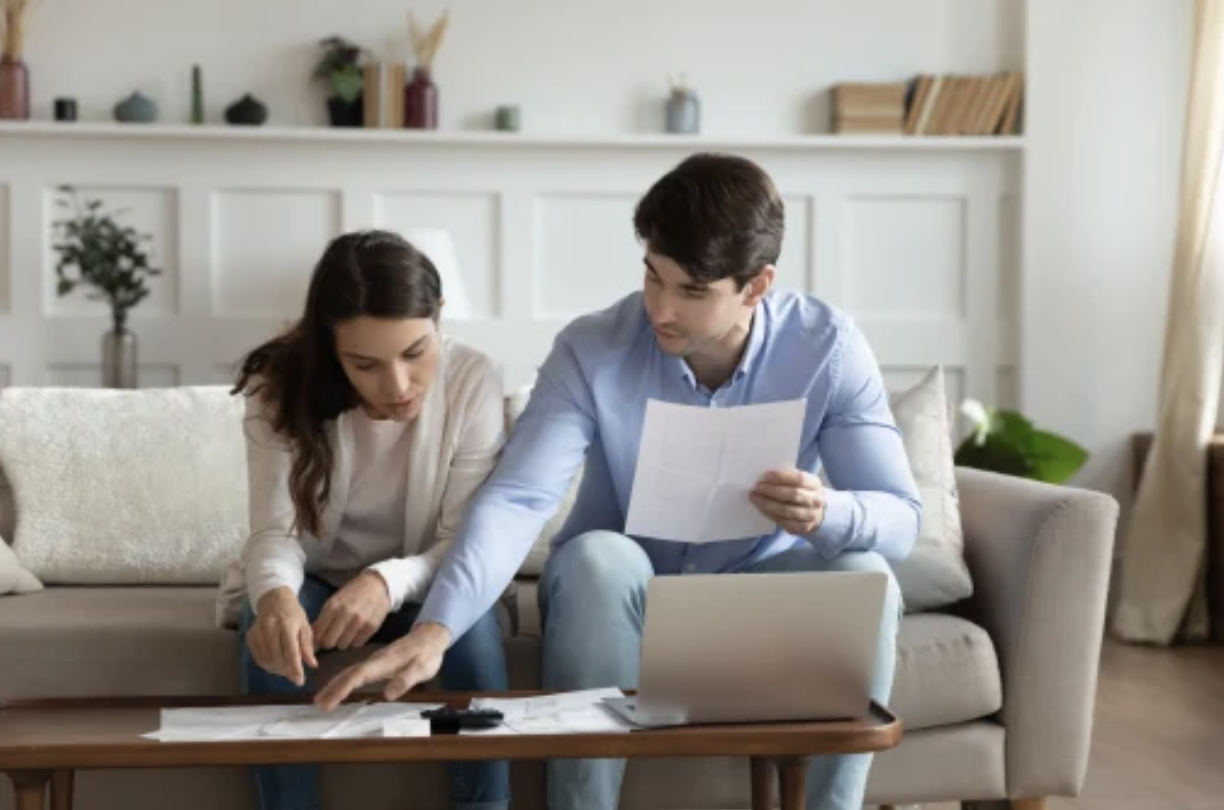It’s a tough time in Australia to buy your first home. Property prices are still sky-high - especially in cities like Sydney and Melbourne - while lenders are now demanding more proof that buyers can cope financially with predicted interest rate rises.
It's squeezed first home buyers but there’s still hope for those looking to get onto the property ladder.
Questions you need to ask when buying your first home
There's a few key questions to ask before starting the process of applying for a home loan. Getting key aspects of the purchase process sorted in advance can make it easier to get on the property ladder.
1. How much can you afford to borrow?
Lenders will assess your income, living expenses, existing debt, credit score and how much deposit you’ve saved to determine the amount they’ll lend you.
Getting pre-approval can give you the edge at auctions: you'll already know how far you can push your budget. Pre-approval generally lasts for around three months.
Get some independent advice. A good mortgage broker will be able to give you an indication of which suburbs will be within your budget.
2. How much deposit do you need to save?
When it comes to your deposit, size does matter.
Most lenders will look most favourably on home loan applicants who have saved a 20% deposit.
Some lenders offer low-deposit loans but you’ll likely need to pay for lenders mortgage insurance (LMI) to qualify.
Federal and state governments have schemes that can help first home buyers onto the property ladder with deposits as low as 2% for eligible single parents. A mortgage broker can help you determine if you qualify for these.
Be aware: There's a limited number of places on the Federal Government's Home Guarantee Scheme and the value of the property is capped.
3. Are there any hidden costs to consider when buying a house?
Unfortunately, the advertised price of the house is not the only expense you’ll need to consider.
Building and pest inspections cost upwards of $500.
You’ll need to cover conveyancing and legal fees. These can run up to around $2,000.
You might need to pay a home loan application and mortgage registration fees.
You'll probably need to pay Lenders' Mortgage Insurance if you don’t have a 20% deposit. The average LMI fee is $6,200.
Be aware: First-home buyers are exempt from stamp duty in NSW, Queensland and Victoria, but you’ll have to pay between $10,360 and $23,929 if you live elsewhere.
4. Do you qualify for a grant?
There are several grants available that are designed to help first-home buyers save for a house deposit.
First Home Owner Grants may kick in up to $20,000 towards your first home and reduce stamp duty, but eligibility rules vary between states and territories.
If you’ve made voluntary super contributions up to $15,000 per year, you may be able withdraw these Under the First Home Super Saver Scheme.
The First Home Loan Deposit Scheme helps eligible first-home buyers buy a house with a deposit as small as 5% and save on LMI fees.
5. What ways can you save for a deposit?
Writing up a personal budget can help you identify any areas you’re overspending, help you reach your target deposit amount quicker, and show the lender that you're low risk.
Some banks offer the ability to automatically rounds up every transaction you make to the next dollar and transfers the remainder into your account, helping you save while you spend.
Consider cancelling your credit card and getting rid of buy-now-pay-later providers to slow down your spending and make yourself more attractive to lenders.
Bottom line
It's worth putting in the hard yards early on to give you an advantage over less prepared bidders. You'll also need to consider the following when applying for a home loan.
Fixed or variable rates? Fixed gives homeowners more stability while variable rates are more volatile but can work out more affordable in some instances. You can also opt for a combination of fixed and variable rates. Speak to your broker about this.
Flexible repayment cycles. Some home loans allow you to make repayments every two weeks instead of monthly.
Redraw facility. If you get ahead on your home loan and make extra repayments, a redraw facility allows you to withdraw the difference when you need it.
